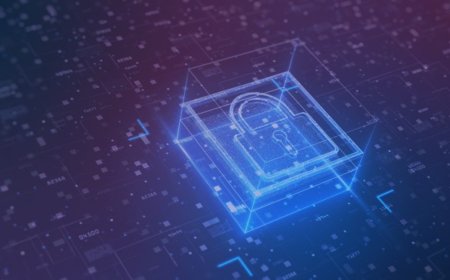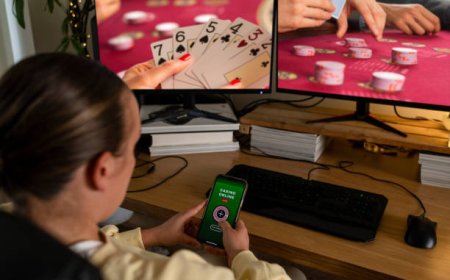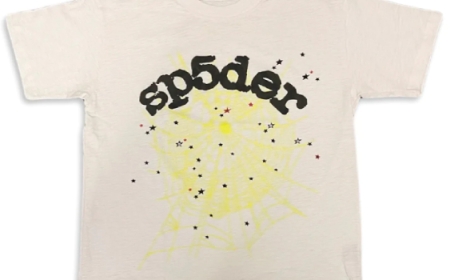Managing Emotions After a Ketamine Therapy Session: How Support Tools Can Help.

Doing athome ketamine treatment is a different kind of experience. Its personal, quiet, and happens in a familiar space, your own home. But even in that comfort, its normal to feel uncertain about what comes up during or after a session. One of the biggest questions is: What if it brings up hard emotions?
The answer is simple: it might. And thats okay. Emotional shifts are a common part of the process. What matters is having the right tools and support in place to help you make sense of them.This article will walk you through what those emotional moments might look like, why they happen, and how things like coaching, journaling, and mindfulness can help.
Why Emotional Responses May Happen
Duringhome ketamine treatment, the medicine may help quiet your usual patterns of thinking. This may give space for memories, emotions, or insights, sometimes ones you didnt expect.You might feel calm and clear. Or you might feel emotional in a way thats harder to describe. Some people say they feel more open, like their walls are down. Others say it brings up sadness, grief, or moments from the past.This isnt a sign that something is wrong. Its actually part of the process. These feelings may allow you to look at parts of your life that havent had space before. What you do with that experience, how you process and reflect, is where support really matters.
Youre Not Left to Figure It Out Alone
Every session includes more than just the medication. Youll usually have time to rest and reset right after your session. But youll also speak with a trained coach within a few days. This is called integration.Integration sessions are designed to help you talk about what you felt, noticed, or remembered during your session. You dont need to have answers. The coach is there to help you put those emotions into context and figure out what they might mean for your daily life.
For example: you might realize that something from your past came up. Your coach wont fix it, but theyll help you talk through it. That support can help you feel less overwhelmed and more in control of what happens next.
Tools That Can Help After Each Session
Here are a few tools that may support your emotional health after a session:
?Journaling: Writing down what you felt or saw during the session may help you notice patterns or themes over time. You dont need to write anything perfect, just being honest on the page can help.
?Breathwork: Deep, slow breathing can calm your body and help regulate emotions. Your companion app may provide guided breathwork exercises or reminders.
?Meditation: Even a few minutes of quiet, mindful breathing can help you settle after strong emotions.
?Mood tracking: Many programs include digital tools that let you track how you feel each day. This helps your coach see how youre doing across sessions.
?Rest: Sometimes, the best support is simple. Giving your mind and body time to rest is part of how you process what came up.
Why Support Matters Most at Home
When you search for something like at-home ketamine treatment, you might picture something easy and flexible. While it may be more private and comfortable than in-person care, it still needs structure. Thats where the coaching, tools, and planning really matter.Youre not just taking medicine and moving on. The experience is guided, and the emotions that come up are expected. Support is built into the plan, so you never have to figure it all out by yourself.Thats a big part of why home ketamine treatmentis carefully designed to include safety checks, sitters, and digital tools. It gives you space to go inward and helps you return with clarity.
Conclusion
Feeling emotional after a ketamine therapy session doesnt mean something went wrong. It may be part of what helps the experience create lasting change. What matters is how you handle those emotions afterward, and whether you feel supported doing it.So, if youve been thinking about at-home ketamine therapy, or have started sessions already, remember: support after the session is just as important as what happens during it. With the right tools, even the hard emotions can become meaningful.





































